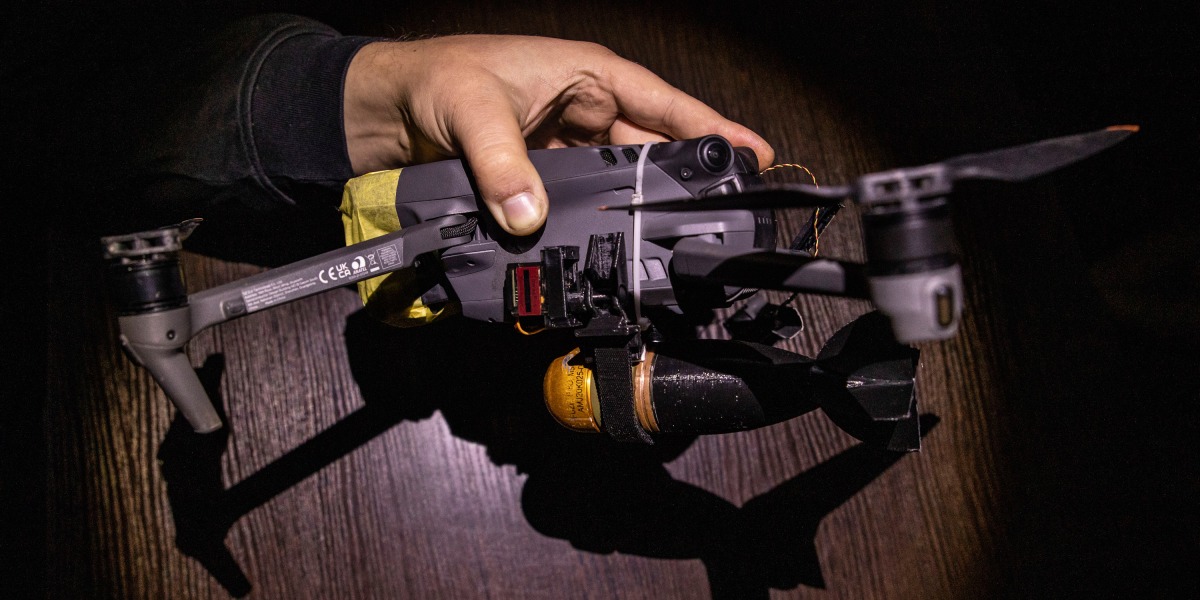
Explosions in Armenia, broadcast on YouTube in 2020, revealed this new shape of war to the world. There, in a blue-tinted video, a radar dish spins underneath cyan crosshairs until it erupts into a cloud of smoke. The action repeats twice: a crosshair targets a vehicle mounted with a spinning dish sensor, its earthen barriers no defense against aerial attack, leaving an empty crater behind.
The clip, released on YouTube on September 27, 2020, was one of many the Azerbaijan military published during the Second Nagorno-Karabakh War, which it launched against neighboring Armenia that same day. The video was recorded by the TB2.
It encompasses all the horrors of war, with the added voyeurism of an unblinking camera.
In that conflict and others, the TB2 has filled a void in the arms market created by the US government’s refusal to export its high-end Predator family of drones. To get around export restrictions on drone models and other critical military technologies, Baykar turned to technologies readily available on the commercial market to make a new weapon of war.
The TB2 is built in Turkey from a mix of domestically made parts and parts sourced from international commercial markets. Investigations of downed Bayraktars have revealed components sourced from US companies, including a GPS receiver made by Trimble, an airborne modem/transceiver made by Viasat, and a Garmin GNC 255 navigation radio. Garmin, which makes consumer GPS products, released a statement noting that its navigation unit found in TB2s “is not designed or intended for military use, and it is not even designed or intended for use in drones.” But it’s there.
Commercial technology makes the TB2 appealing for another reason: while the US-made Reaper drone costs $28 million, the TB2 only costs about $5 million. Since its development in 2014, the TB2 has shown up in conflicts in Azerbaijan, Libya, Ethiopia, and now Ukraine. The drone is so much more affordable than traditional weaponry that Lithuanians have run crowdfunding campaigns to help buy them for Ukrainian forces.
The TB2 is just one of several examples of commercial drone technology being used in combat. The same DJI Mavic quadcopters that help real estate agents survey property have been deployed in conflicts in Burkina Faso and the Donbas region of Ukraine. Other DJI drone models have been spotted in Syria since 2013, and kit-built drones, assembled from commercially available parts, have seen widespread use.
